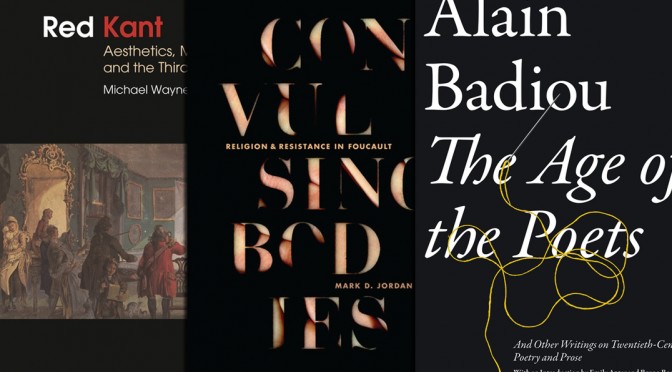Did we miss any? Let us know in the comments.
If you’re an author or publisher with a forthcoming book, email us at [email protected].
The Age of Poets
By Alain Badiou
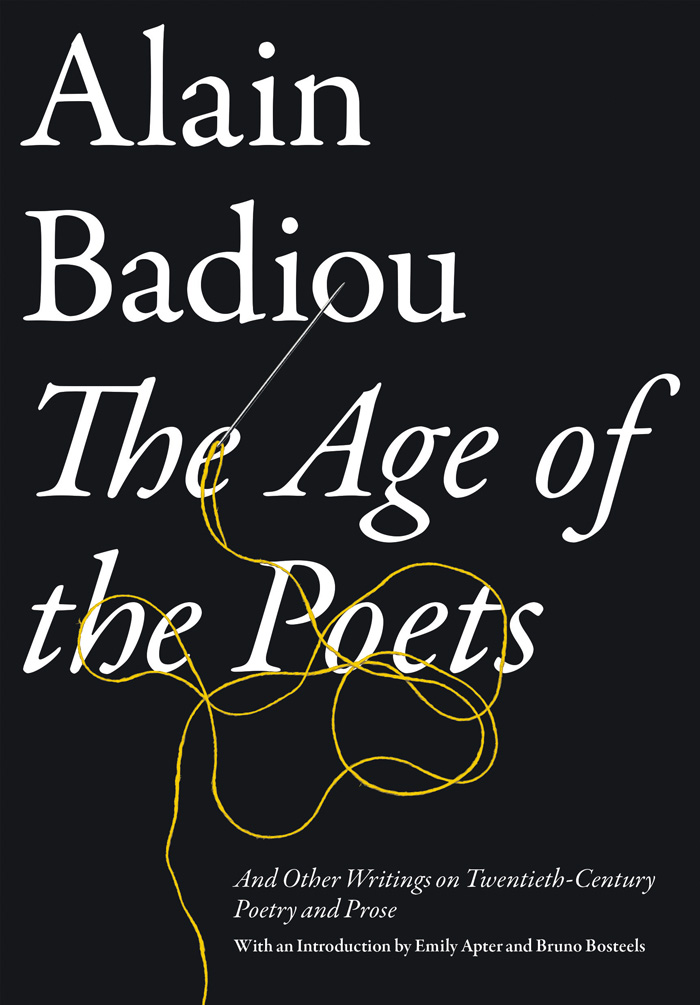
“The Age of the Poets revisits the age-old problem of the relation between literature and philosophy, arguing against both Plato and Heidegger’s famous arguments. Philosophy neither has to ban the poets from the republic nor abdicate its own powers to the sole benefit of poetry or art. Instead, it must declare the end of what Badiou names the “age of the poets,” which stretches from Hölderlin to Celan. Drawing on ideas from his first publication on the subject, “The Autonomy of the Aesthetic Process,” Badiou offers an illuminating set of readings of contemporary French prose writers, giving us fascinating insights into the theory of the novel while also accounting for the specific position of literature between science and ideology.”
Buy it here.
Red Kant: Aesthetics, Marxism and the Third Critique
By Michael Wayne
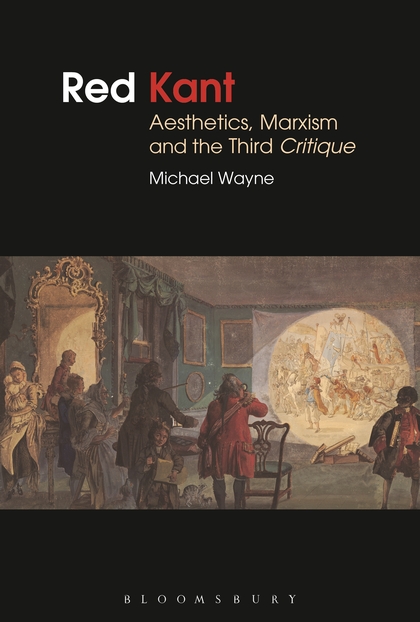
“Is Kant really the ‘bourgeois’ philosopher that his advocates and opponents take him to be? In this bold and original re-thinking of Kant, Michael Wayne argues that with his aesthetic turn in the Third Critique, Kant broke significantly from the problematic philosophical structure of the Critique of Pure Reason. Through his philosophy of the aesthetic Kant begins to circumnavigate the dualities in his thought. In so doing he shows us today how the aesthetic is a powerful means for imagining our way past the apparent universality of contemporary capitalism.”
Buy it here.
Convulsing Bodies
By Mark Jordan
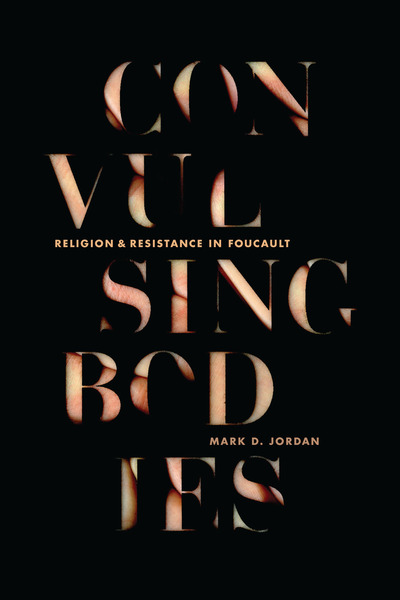
“By using religion to get at the core concepts of Michel Foucault’s thinking, this book offers a strong alternative to the way that the philosopher’s work is read across the humanities. Foucault was famously interested in Christianity as both the rival to ancient ethics and the parent of modern discipline and was always alert to the hypocrisy and the violence in churches. Yet many readers have ignored how central religion is to his thought, particularly with regard to human bodies and how they are shaped. The point is not to turn Foucault into some sort of believer or to extract from him a fixed thesis about religion as such. Rather, it is to see how Foucault engages religious rhetoric page after page—even when religion is not his main topic. When readers follow his allusions, they can see why he finds in religion not only an object of critique, but a perennial provocation to think about how speech works on bodies—and how bodies resist.”
Buy it here.
The Complete Works of Rosa Luxemburg, Volume 1 (Paperback)
By Rosa Luxemberg
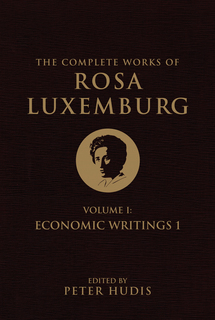
“This first volume in Rosa Luxemburg’s Complete Works, entitled Economic Writings 1, contains some of Luxemburg’s most important statements on the globalization of capital, wage labor, imperialism, and pre-capitalist economic formations.
In addition to a new translation of her doctoral dissertation, “The Industrial Development of Poland,” Volume I includes the first complete English-language publication of her “Introduction to Political Economy,” which explores (among other issues) the impact of capitalist commodity production and industrialization on non- capitalist social strata in the developing world. Also appearing here are ten recently discovered manuscripts, none of which has ever before been published in English.”
Buy it here.
The Philosophers Plant
By Michael Marder
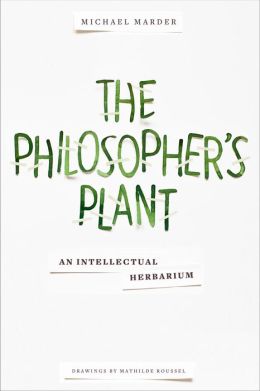
“In this book, Michael Marder illuminates the vegetal centerpieces and hidden kernels that have powered theoretical discourse for centuries. Choosing twelve botanical specimens that correspond to twelve significant philosophers, he recasts the development of philosophy through the evolution of human and plant relations. A philosophical history for the postmetaphysical age, The Philosopher’s Plant reclaims the organic heritage of human thought. With the help of vegetal images, examples, and metaphors, the book clears a path through philosophy’s tangled roots and dense undergrowth, opening up the discipline to all readers.”
Buy it here.
Making Sense of Heidegger
By Thomas Sheehan
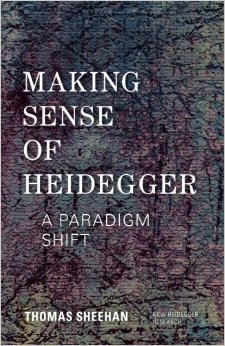
“Making Sense of Heidegger presents a radically new reading of Heidegger’s notoriously difficult oeuvre. Clearly written and rigorously grounded in the whole of Heidegger’s works, Thomas Sheehan’s latest book argues for the unity of Heidegger’s thought on the basis of three theses: that his work was phenomenological from beginning to the end; that ‘being’ refers to the meaningful presence of things in the world of human concerns; and that what makes such intelligibility possible is the existential structure of human being as the thrown open or appropriated ‘clearing’.Sheehan offers a compelling alternative to the classical paradigm that has dominated Heidegger research in the last half-century, as well as a valuable retranslation of the key terms in Heidegger’s lexicon. This important book opens a new path in phenomenology that will stimulate dialogue within Heidegger Studies, with philosophers outside the phenomenological tradition, and with scholars in theology, literary criticism and existential psychiatry.”
Riceour and the Post Structuralists
By Johann Michel and Scott Davidson
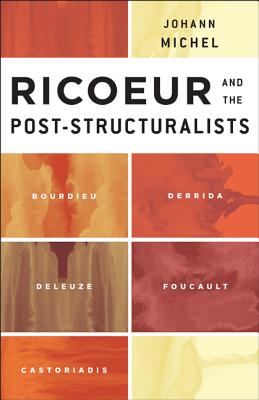
“In this important and original book, Johann Michel paves the way for a greater understanding of Paul Ricoeur’s philosophy by exploring it in relation to some major figures of contemporary French thought—Bourdieu, Derrida, Deleuze, Foucault and Castoriadis.
Although the fertile dialogue between Ricoeur and various structuralist thinkers is well documented, his position in relation to the post-structuralist movement is less-widely understood. Does Ricoeur’s philosophy stand in opposition to post-structuralism in France or, on the contrary, is it in fact a unique variation of that movement? This book defends the latter statement. Michel speaks of post-structuralisms in the plural form and engages them in a dynamic confrontation between Ricoeur and his contemporaries in the French intellectual scene. The result is a better understanding of Ricoeur’s thought and also of the distinctive issues that emerge through confrontation between Ricoeur and each of these post-structuralist thinkers.”
Buy it here.
Theories of Ideology
By Jan Rehmann
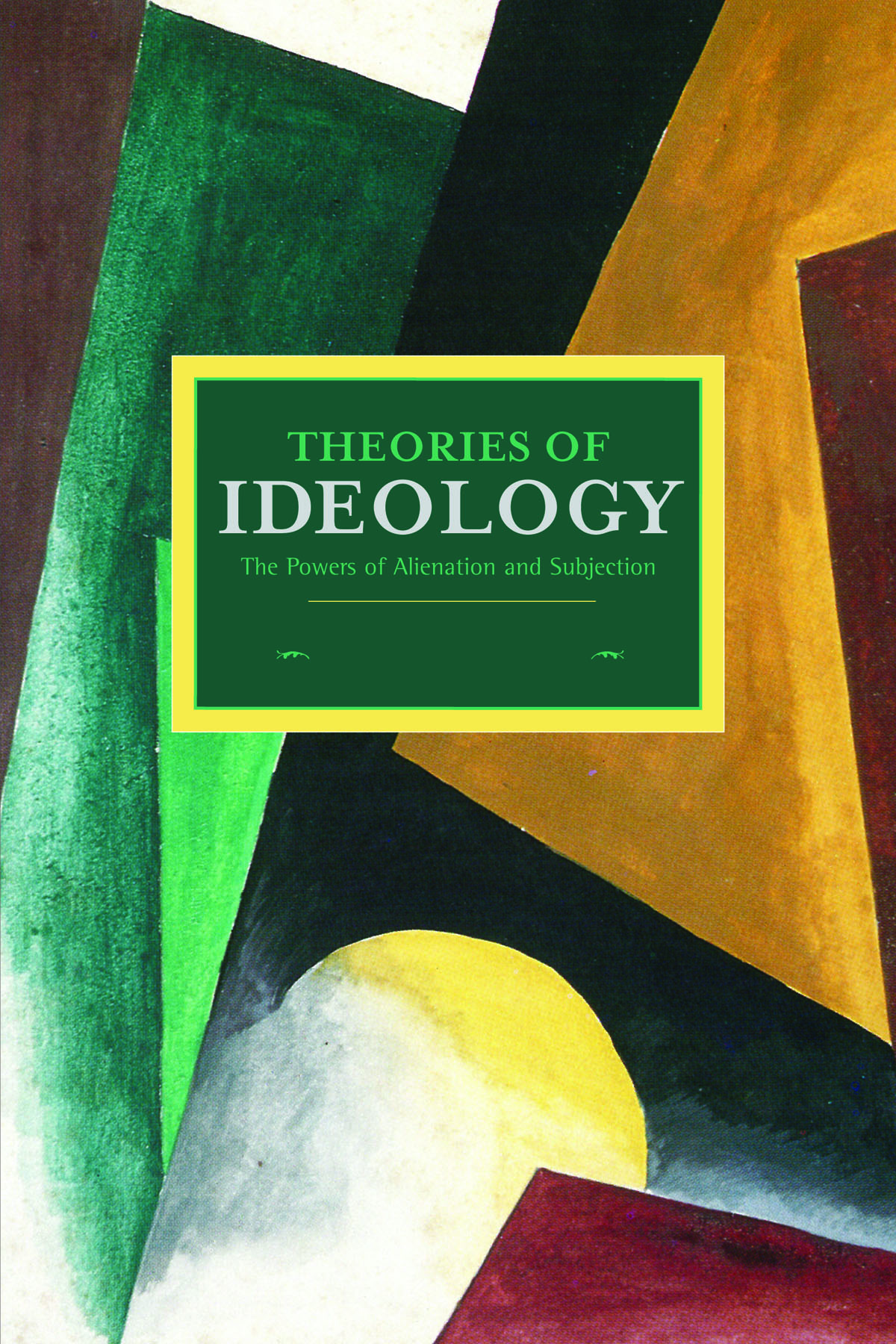
“The emergence of ideology theories marked a re-foundation of Marxist research into the functioning of alienation and subjection. Going beyond traditional concepts of ‘manipulation’ and ‘false consciousness’, they turned to the material existence of hegemonic apparatuses and focused on the mostly unconscious effects of ideological practices, rituals and discourses.
In this magisterial work Jan Rehmann reconstructs the different strands of ideology theories ranging from Marx to Adorno/Horkheimer, from Lenin to Gramsci, from Althusser to Stuart Hall, from Bourdieu to W.F. Haug, from Foucault to Butler. He compares them in a way that a genuine dialogue becomes possible and applies the different methods to the ‘market totalitarianism’ of today’s high-tech-capitalism.”
Buy it here.
Modern Thought in Pain
By Simon Wortham

“Through a series of rigorous encounters with key critical figures, this monograph argues that modern thought is, in a double sense, the thought of pain. This book investigates the idea that modern European philosophy after Kant offers less the conceptual equipment to tackle pain in explanatory terms, than an experience of thought that participates in the forms of pain and suffering about which it speaks. Perhaps surprisingly, the question of pain establishes a ground from which to examine key debates in twentieth-century European philosophy, most recently between forms of post-structuralist and ethical thinking imagined to be in crisis and the resurgence of discourses of political emancipation arising from traditions of thought associated with Marxism.”
Buy it here.
Carl Schmitt: A Biography
By Reinhard Mehring
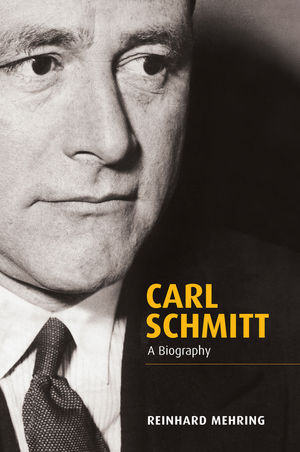
“Carl Schmitt is one of the most widely read and influential German thinkers of the twentieth century. His fundamental works on friend and enemy, legality and legitimacy, dictatorship, political theology and the concept of the political are read today with great interest by everyone from conservative Catholic theologians to radical political thinkers on the left.
In his private life, however, Schmitt was haunted by the demons of his wild anti-Semitism, his self-destructive and compulsive sexuality and his deep-seated resentment against the complacency of bourgeois life. As a young man from a modest background, full of social envy, he succeeded in making his way to the top of the academic discipline of law in Germany through his exceptional intellectual prowess. And yet he never felt at home in the academic establishment and among those of high social standing…
Reinhard Mehring’s outstanding biography is the most comprehensive work available on the life and work of Carl Schmitt. Based on thorough research and using new sources that were previously unavailable, Mehring portrays Schmitt as a Shakespearean figure at the centre of the German catastrophe.”
Buy it here.
Constellation: Friedrich Nietzsche and Walter Benjamin in the Now-Time of History
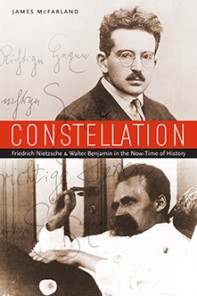
“Constellation is the first extended exploration of the relationship between Walter Benjamin, the Weimar-era revolutionary cultural critic, and the radical philosopher Friedrich Nietzsche. The affinity between these noncontemporaneous thinkers serves as a limit case manifesting the precariousness and potentials of cultural transmission in a disillusioned present.
In five chapters, Constellation presents the changing figure of Nietzsche as Benjamin encountered him: an inspiration to his student activism, an authority for his skeptical philology, a manifestation of his philosophical nihilism, a companion in his political exile, and ultimately a subversive collaborator in his efforts to think beyond the hopeless temporality–new and always the same–of the present moment in history.”
Buy it here.

